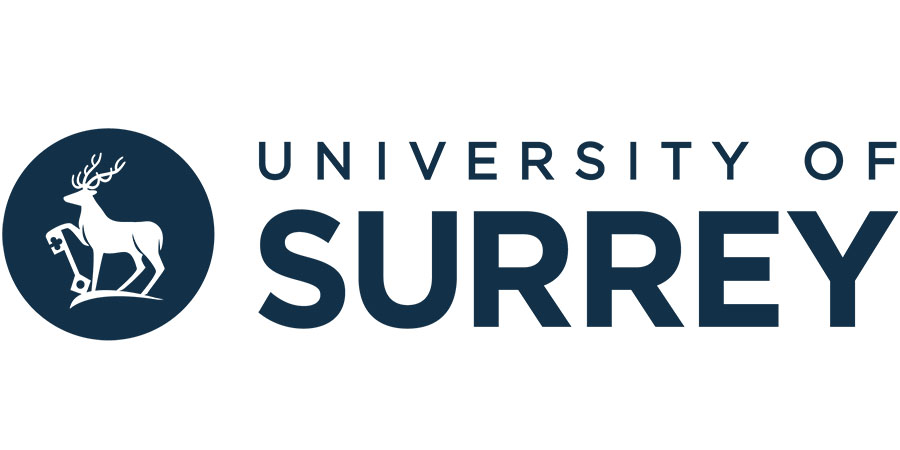PhD Studentship: Medicinal Chemistry PhD Project: Synthesis and biological evaluation of small molecules to target mesothelioma and related ASS1-dependent tumours
University of Surrey - Chemistry
| Qualification Type: | PhD |
|---|---|
| Location: | Guildford |
| Funding for: | UK Students, EU Students, International Students |
| Funding amount: | Fully and directly funded for this project only for 4 years. UKRI Standard Stipend - £20,780 per year for 2025/26 academic year |
| Hours: | Full Time |
| Placed On: | 4th August 2025 |
|---|---|
| Closes: | 1st September 2025 |
Arginine is an amino acid involved in numerous biological functions including cell proliferation, cell signalling, muscle contraction, immunity, neurotransmission, vasodilation and the synthesis of growth factors and other amino acids. It is considered as a semi-essential amino acid, due to the intrinsic ability of ‘normal cells’ to synthesise arginine from citrulline and aspartate via argininosuccinate synthase 1 (ASS1) in addition to dietary intake.
One of the most common metabolic defects of tumour cells is the impaired intrinsic ability to synthesise arginine. Malignant melanoma, hepatocellular carcinoma, mesothelioma, and prostate cancer are virtually ASS1-silenced, whereas about 40–60% of breast cancers, small-cell lung cancers, pancreatic and leukemias are ASS1-negative. These tumours all use extracellular arginine for their survival. Therefore, it is unsurprising that arginine-deprivation approaches are becoming increasingly popular as potential therapies to treat a variety of cancers.
This is a multidisciplinary project applying chemical synthesis and biological testing to design, synthesise and biologically evaluate new small molecules which can interfere with arginine-dependent tumours. The general approach utilises the inherent need of the tumour for extracellular arginine and to use this to deliver a toxic moiety to the tumour; in other words, we will use the arginine structural motif as a targeting system to deliver a highly potent anti-cancer agent directly to the tumour.
The project would be ideally suited for someone with a strong chemistry background and an interest and expertise in organic and medicinal chemistry and the desire to learn molecular biology assay techniques. Industrial experience would be advantageous.
Please note that this is a 4-year Graduate Teaching Assistant (GTA) studentship, with a slightly higher teaching requirement alongside the PhD studies and would particularly suit someone with an interest in future education as well as research, such as academia.
Supervisors: Professor Adrian Dobbs and Dr Hannah Bolland
Entry requirements
Open to any UK or international candidates. Starting in January 2026. Later start dates may be possible, please contact Professor Adrian Dobbs once deadline passes.
You will need to meet the minimum entry requirements for our PhD programme.
Candidates should have a strong background and first degree in chemistry or closely related subject (BSc/MChem). Industrial experience of synthesis and medicinal chemistry, such as through an undergraduate placement or employment, would be advantageous.
This is a 4-year Graduate Teaching Assistant (GTA) studentship, with a slightly higher teaching requirement alongside the PhD studies and would particularly suit someone with an interest in future education/teaching as well as research, such as academia. Full training will be provided.
How to apply
Applications should be submitted via the PhD Chemistry programme page, by clicking the 'Apply' button, above.
In place of a research proposal, you should upload a document stating the title of the project that you wish to apply for and the name of the relevant supervisor.
Funding
Fully and directly funded for this project only for 4 years. UKRI Standard Stipend - £20,780 per year for 2025/26 academic year.
Application deadline: 1 September 2025
Enquiries: Contact Professor Adrian Dobbs
Ref: PGR-2526-003
Advert information
Type / Role:
Subject Area(s):
Location(s):









